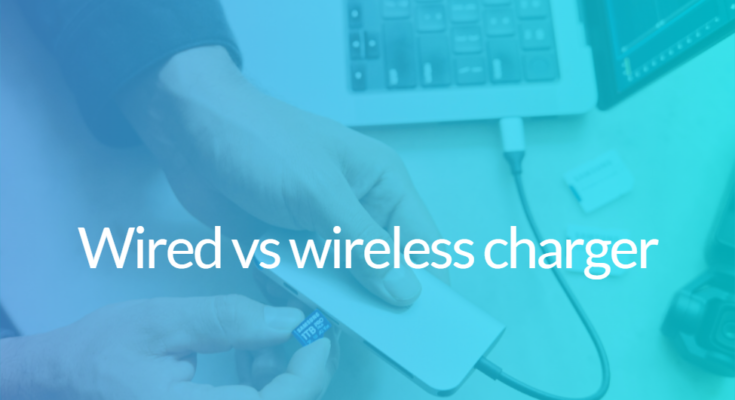Introduction:
In today’s tech-savvy world, the use of smartphones and other electronic devices has become an integral part of our daily lives. With this growing dependency, keeping our devices charged at all times has become crucial. To meet this need, charging technologies have evolved, offering both wired and wireless charging options. In this article, we will explore the differences between wired and wireless chargers, helping you decide which option is best for you.
Difference between Wired and Wireless Chargers:
1. Connection Method:
The most noticeable difference between wired and wireless chargers lies in the way they connect to your device. Wired chargers use a cable, typically a USB cable, to directly connect your device to a power source. On the other hand, wireless chargers use inductive charging technology, which transfers power wirelessly to your device through magnetic fields.
2. Convenience:
Wireless chargers offer a higher level of convenience as they eliminate the need for cables and plugs. You simply place your device on the charging pad or stand, and it starts charging. This eliminates the hassle of tangling cables and finding the right charging port. In contrast, wired chargers require you to plug in the cable to your device, which can be inconvenient, especially when you need to charge multiple devices simultaneously.
3. Charging Speed:
Wired chargers are generally faster than wireless chargers when it comes to charging speed. The direct connection between the device and the power source allows for a higher power transfer rate, resulting in faster charging times. Wireless chargers, on the other hand, may take longer to charge your device due to the energy loss during the wireless transmission.
4. Range of Movement:
With wired chargers, there is limited mobility while charging your device. You need to stay close to the power source, restricting your movements. In contrast, wireless chargers offer more freedom of movement. As long as your device stays within the range of the charging pad or stand, you can easily pick it up and use it without interrupting the charging process.
5. Compatibility:
Wired chargers are more widely compatible with various devices and brands. The standard USB cable can be used with a wide range of devices, including smartphones, tablets, and even laptops. Wireless chargers, on the other hand, require devices that support wireless charging technology. Not all devices come with built-in wireless charging capabilities, and you may need to purchase additional accessories like wireless charging cases or adapters to make them compatible.
Conclusion:
In conclusion, both wired and wireless chargers have their pros and cons. Wired chargers offer faster charging speeds and wider compatibility with different devices. They are also a more cost-effective option as they are generally less expensive than wireless chargers. However, they come with the inconvenience of dealing with cables and limits mobility while charging.
Wireless chargers, on the other hand, provide convenience and freedom of movement. They eliminate the hassle of dealing with cables, making charging a more seamless experience. However, they are generally slower than wired chargers and may require additional accessories for compatibility.
Ultimately, the choice between wired and wireless chargers depends on your personal preferences and needs. If you value speed and wider compatibility, a wired charger may be the right choice for you. But if convenience and mobility are more important to you, a wireless charger is worth considering.



